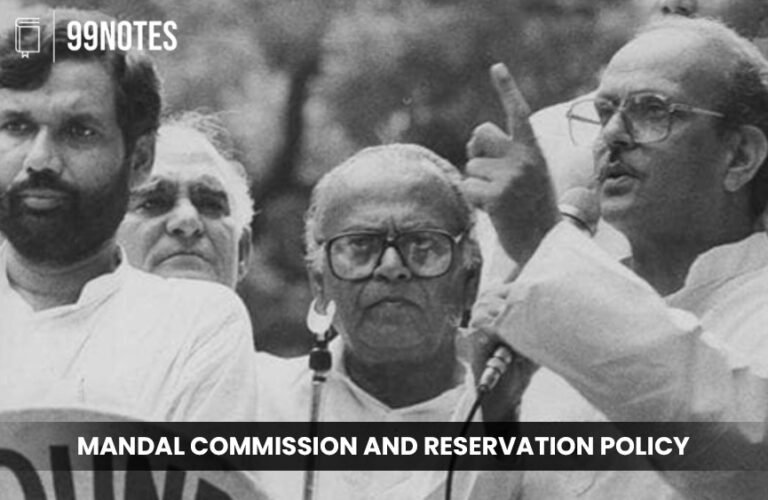TECHNOLOGICAL ADVANCEMENTS OF INDIA
Technological advancements have played a crucial role in transforming India’s economic, social, and political landscape. Since the early 20th century, India has made significant progress in fields such as information technology, space exploration, biotechnology, and renewable energy. The Indian Space Research Organisation (ISRO) has achieved remarkable success in space missions, while India’s IT sector has…








